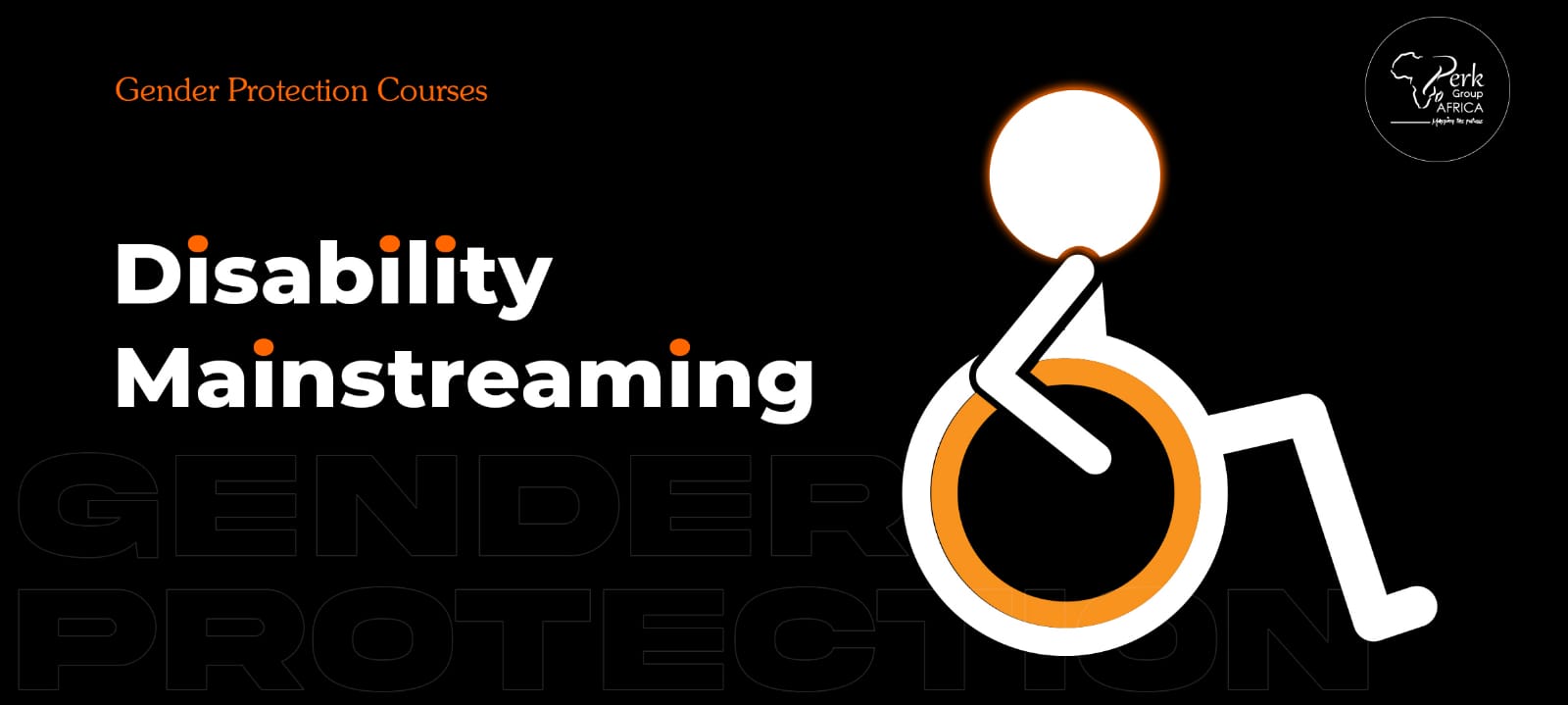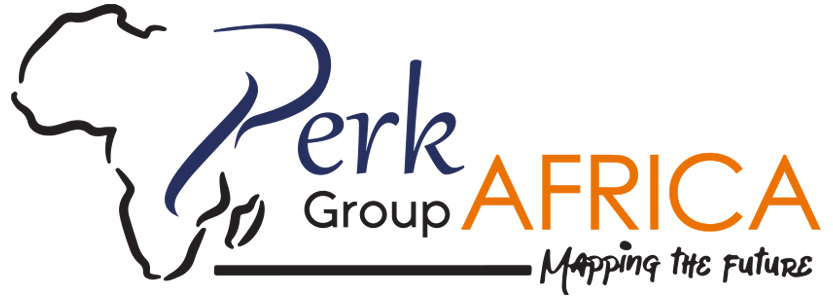
Training Course on Disability Mainstreaming in Projects and Organizations
Course Overview
The Disability Mainstreaming in Projects and Organizations course offers a practical and impactful exploration of how to promote inclusivity and equal opportunities for persons with disabilities. The course equips participants with the knowledge and tools to integrate disability considerations into organizational policies, programs, and practices — fostering inclusive and accessible environments for all.
Through interactive sessions, real-world case studies, and hands-on activities, participants will gain a deep understanding of disability rights, the social and rights-based models of disability, and the common barriers that hinder participation. The course emphasizes practical strategies for ensuring that disability inclusion is systematically mainstreamed into the entire project cycle — from planning to monitoring and evaluation.
Course Objectives
By the end of this course, participants will be able to:
- Understand key concepts and models of disability (medical, social, and rights-based).
- Apply international and national legal frameworks that promote disability inclusion.
- Identify and address barriers that hinder participation of persons with disabilities.
- Integrate disability considerations into policies, projects, and organizational processes.
- Apply universal design principles for accessible environments.
- Strengthen advocacy and inclusion mechanisms within institutions.
- Develop strategies for disability-inclusive monitoring, evaluation, and reporting.
- Empower persons with disabilities to actively participate in decision-making.
Course Duration:
Online Training: 5 days (4hrs per day)
Classroom Training: 5 days (7hrs per day)
Who Can Attend This Course?
This course is designed for:
- Project and program managers
- Human resource and inclusion officers
- Policy makers and planners
- NGO and CSO staff
- Disability advocates and representatives of Disabled Persons Organizations (DPOs)
- Development practitioners involved in inclusive programming and policy development
Organizational Impact
By sending participants to this Disability Mainstreaming in Projects and Organizations training course, the organization will gain the following benefits:
- Strengthened capacity to design and implement disability-inclusive projects and services.
- Enhanced compliance with international standards such as the UNCRPD and the Sustainable Development Goals (SDGs).
- Improved organizational culture that promotes equality, diversity, and accessibility.
- Increased staff competency in applying inclusive practices across operations.
- Enhanced institutional reputation as a champion for inclusion and social equity.
Personal Impact
By attending the Disability Mainstreaming in Projects and Organizations training course, participants will acquire the following skills and competencies:
- Deep understanding of disability rights and inclusion principles.
- Practical skills in inclusive project design and implementation.
- Tools to identify and address accessibility and attitudinal barriers.
- Enhanced capacity to advocate for disability inclusion in the workplace.
- Increased confidence to influence organizational and community-level change.
Course Outline
Module 1: Introduction to Disability Mainstreaming
- Understanding disability: types, concepts, and common misconceptions
- Models of disability: medical, social, and rights-based approaches
- International and national policy frameworks: UNCRPD, SDGs, and national laws
- Case study analysis: Disability-inclusive policy review
Module 2: Disability-Inclusive Organizational Practices
- Assessing organizational readiness and culture
- Conducting inclusion audits
- Developing inclusive policies and strategies
- Creating accessible workplaces through universal design and reasonable accommodation
Module 3: Mainstreaming Disability in Projects
- Designing disability-sensitive projects and programs
- Engaging persons with disabilities in project planning and implementation
- Addressing physical, communication, and attitudinal barriers
- Ensuring accessibility and participation throughout the project cycle
Module 4: Monitoring, Evaluation, and Learning (MEL)
- Designing disability-inclusive indicators and data collection tools
- Measuring and reporting disability-related outcomes
- Learning from inclusive project practices and case studies
- Developing an inclusive MEL framework
Module 5: Practical Application and Action Planning
- Tools and resources for disability mainstreaming
- Developing disability inclusion strategies for participants’ organizations
- Presentations and peer review of action plans
- Course wrap-up, key takeaways, and next steps
Note: This course outline provides a general structure for the disability mainstreaming course. The specific content, activities, and duration of each session may be adjusted based on the target audience, learning objectives, and available time.
Classroom Training Schedule
| Start Date | End Date | Location | Cost | Apply |
|---|---|---|---|---|
| Feb 23, 2026 | Feb 27, 2026 | Nairobi | $ 1200 | Register |
| Mar 30, 2026 | Apr 03, 2026 | Nairobi | $ 1200 | Register |
| May 04, 2026 | May 08, 2026 | Nairobi | $ 1200 | Register |
| Jun 08, 2026 | Jun 12, 2026 | Nairobi | $ 1200 | Register |
| Jul 13, 2026 | Jul 17, 2026 | Nairobi | $ 1200 | Register |
| Aug 17, 2026 | Aug 21, 2026 | Nairobi | $ 1200 | Register |
| Sep 21, 2026 | Sep 25, 2026 | Nairobi | $ 1200 | Register |
| Oct 26, 2026 | Oct 30, 2026 | Nairobi | $ 1200 | Register |
| Nov 30, 2026 | Dec 04, 2026 | Nairobi | $ 1200 | Register |
Virtual Training Schedule
| Start Date | End Date | Location | Cost | Apply | |||
|---|---|---|---|---|---|---|---|
| Feb 09, 2026 | Feb 13, 2026 | Online | $ 600 | Register | |||
| Mar 16, 2026 | Mar 20, 2026 | Online | $ 600 | Register | |||
| Apr 20, 2026 | Apr 24, 2026 | Online | $ 600 | Register | |||
| May 25, 2026 | May 29, 2026 | Online | $ 600 | Register | |||
| Jun 29, 2026 | Jul 03, 2026 | Online | $ 600 | Register | |||
| Aug 03, 2026 | Aug 07, 2026 | Online | $ 600 | Register | |||
| Sep 07, 2026 | Sep 11, 2026 | Online | $ 600 | Register | |||
| Oct 12, 2026 | Oct 16, 2026 | Online | $ 600 | Register | |||
| Nov 16, 2026 | Nov 20, 2026 | Online | $ 600 | Register |
Course Language
This Training course is offered in ENGLISH . Please indicate the language of choice during registration.
Course Delivery
Presentations are well guided, practical exercise, a plenary presentation, and group work. Participants are encouraged to bring any data relevant to their job responsibilities. This is hands-on, product-oriented training and will mostly involve practical exercises. Each participant MUST bring along their own working laptop and android phone.
Certification
Upon completion of training, the participant will be issued with a certificate of Completion.
Tailor-Made Course
3 months post-training support, consultation, and coaching is a guarantee from us and will be available after the course.We can also do this as a tailor-made course to meet organization-wide needs. Contact us to find out more: training@perk-gafrica.com.
